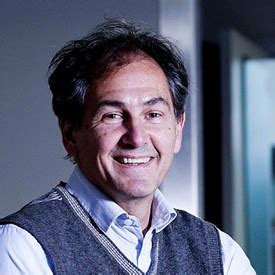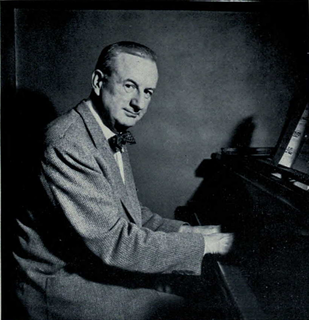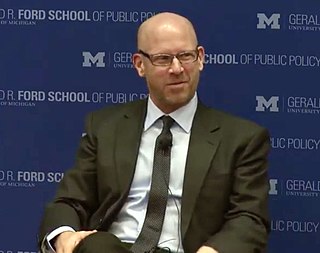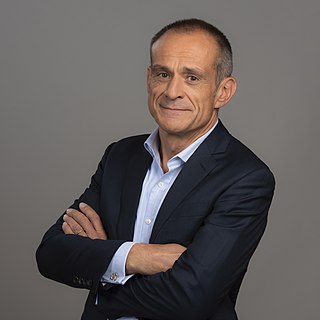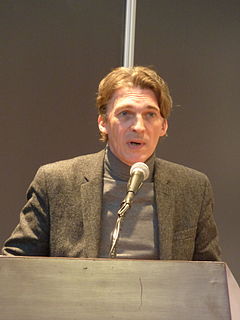A Quote by Mark Pagel
I think the driving force for cultural evolution is this desire for groups to be splitting off and separating and forming subgroups insofar as the environment will allow it. We see great cultural diversity and large numbers of cultures per unit area in regions of the world in which the environment is really rich.
Related Quotes
Cultural diversity and cultural change are desirable and inevitable. We are cultural animals, someone without a culture is not human. But the cultures we possess vary enormously. Indeed, the variability, over time and space is the great evolutionary advantage of humanity. Instead of changing biologically over millennia, human beings can change culturally over decades
I think that we're making a mistake if we don't see that there is a cultural basis to many illnesses, not just psychiatric ones. Breast cancer would be one prevalent example right now, different kind of cultures surrounding it. If you don't understand the cultural meaning of an illness like that you're going to miss the boat even if you're a great scientist.
I think nowadays it doesn't really matter where we are physically located. We create our own culture around us to a large extent, whether it's what we're listening to, what we're watching, what we're reading - it can have very little to do with one's immediate cultural environment. We are in a global culture in that respect.
Artists are looking for a new modernity that would be based on translation: What matters today is to translate the cultural values of cultural groups and to connect them to the world network. This “reloading process” of modernism according to the twenty-first-century issues could be called altermodernism, a movement connected to the creolisation of cultures and the fight for autonomy, but also the possibility of producing singularities in a more and more standardized world.
...we discovered that education is not something which the teacher does, but that it is a natural process which develops spontaneously in the human being. It is not acquired by listening to words, but in virtue of experiences in which the child acts on his environment. The teacher's task is not to talk, but to prepare and arrange a series of motives for cultural activity in a special environment made for the child.
We started off with physical evolution and got our form. Then we somehow developed language, which meant cultural evolution could race so we could change our behavior really quickly instead of over hundreds and hundreds of years. And then comes moral evolution, which means we're not frightfully far along with people. And maybe we end up with a spiritual evolution, which is this connectedness with the rest of the life forms on the planet.
